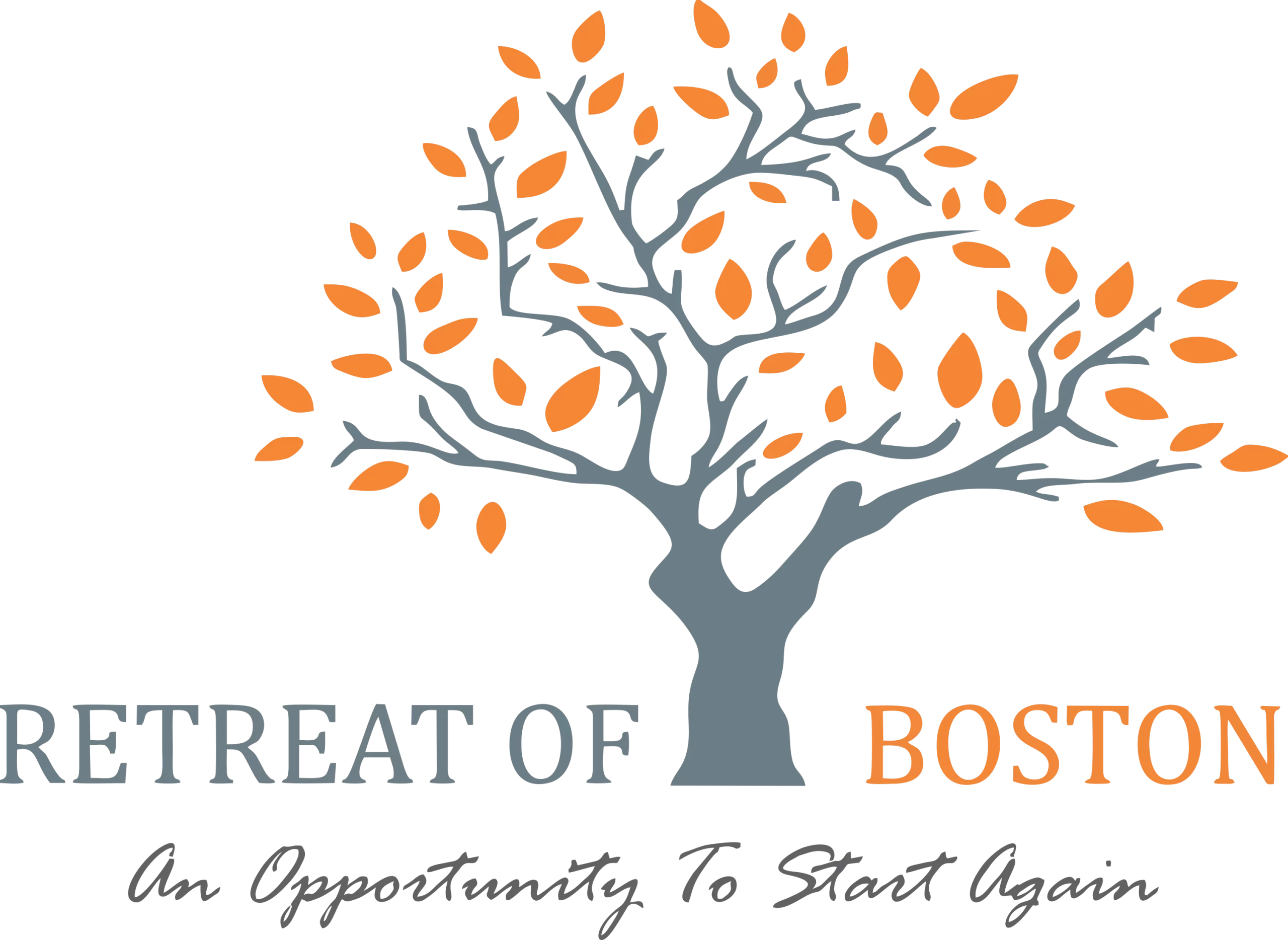Recognizing the signs of drug addiction in yourself or someone you care about can be the first step towards recovery. It’s not always easy to spot these signs, especially since many who struggle with drug abuse are adept at keeping their challenges hidden. However, understanding what to look for can make all the difference in seeking timely help.
Drug addiction affects individuals differently, making the physical signs vary widely. More consistent, though, are the psychological and behavioral symptoms that cut across, regardless of the substance being abused. Knowing these can empower you to take action, whether it’s for yourself or someone close to you.
Physical Signs of Drug Addiction
When concerned about drug addiction, either in yourself or someone close to you, it’s crucial to be aware of the physical signs. These signs can serve as clear indicators that drug abuse may have escalated to addiction. While each individual’s reaction to drugs varies greatly, certain common signs shouldn’t be overlooked.
Common Physical Signs
- Sudden changes in weight: An unexplained weight loss or gain can be a sign of drug addiction. Stimulants often lead to weight loss, while other drugs can increase appetite.
- Changes in appearance: Neglecting personal grooming or a noticeable decline in physical appearance often accompanies addiction.
- Eyes: Bloodshot eyes or pupils that are smaller or larger than usual can indicate drug use.
- Skin changes: Bruises, infections, or sores can develop, especially if drugs are injected.
- Sleep patterns: Insomnia or oversleeping are common in individuals struggling with addiction.
The Importance of Recognizing Physical Signs
Recognizing these physical signs of drug addiction is vital for timely intervention. While the physical manifestations can vary depending on the drug, the presence of several of these symptoms simultaneously could indicate a serious problem. If you or someone you know is exhibiting these signs, it’s essential to approach the situation with compassion and seek professional help.
Drug addiction impacts everyone differently, and what’s evident in one person may not be in another. Yet, these physical signs offer a tangible way to identify when recreational use has possibly spiraled into something more serious. Being familiar with and acknowledging these signs could be the first step toward recovery for many.
Psychological Symptoms to Watch For
Recognizing the psychological signs of drug addiction is crucial in understanding the full impact of substance abuse on you or your loved one’s mental health. These symptoms are often less visible than physical signs but are equally telling indicators of addiction.
One of the most common psychological symptoms is a noticeable change in behavior. This might include sudden mood swings, irritability, or increased aggression that doesn’t align with the person’s usual temperament. Drug addiction can cause you to feel alienated from your surroundings and even your own body, leading to a sense of detachment or isolation.
Moreover, the impact on cognitive functions is significant. You might notice problems with memory, decision-making, and an inability to focus or concentrate on tasks. Such difficulties often stem from the drug’s influence on brain chemistry, altering natural processes and leading to impaired judgment and poor problem-solving skills. Those struggling with addiction may also exhibit paranoia or anxiety, which can exacerbate the cycle of substance abuse as they seek relief from these feelings through more drug use.
Another telling sign is a marked change in interest or motivation, particularly in activities that were once enjoyable or important. This decline in engagement can signal a loss of control over one’s own interests and priorities, with drug use taking precedence.
Lastly, communication difficulties are a common psychological symptom. You or your loved one might struggle with articulating thoughts clearly, making coherent statements, or engaging in meaningful conversations. This is often a result of the drugs’ effects on cognitive abilities and emotional regulation.
It’s vital to be aware of these psychological symptoms as they play a critical role in identifying and addressing drug addiction. Recognizing these signs can be the first step towards seeking help and beginning the journey to recovery.

Behavioral Changes to Look Out For
When trying to identify drug addiction, observing someone’s behavior can provide crucial clues. Sudden and drastic behavioral changes are often a strong indicator of substance abuse. Here are key behavioral signs you should be aware of.
Shifts in Social Circles: Initially, it might seem normal for individuals to seek new friendships; however, a complete overhaul of one’s social circle, especially if the new friends are known or suspected of using drugs, should raise concerns. This sudden change often accompanies a desire to spend time with those who share similar habits, including drug use.
Secrecy and Withdrawal: An increase in secretive behavior, such as lying about whereabouts, who they’re with, or their activities, is a common sign. You might also notice a withdrawal from family activities or a lack of interest in hobbies that once brought joy. This withdrawal is often twofold, stemming both from a desire to hide drug use and from the substance’s psychological effects.
Performance Issues at School or Work: A noticeable decline in performance at school or work is a red flag. This can manifest as frequently missed deadlines, a significant drop in grades or quality of work, and an apparent disinterest in school-related or professional responsibilities.
Neglected Responsibilities: You may notice a worsening in the ability to keep up with daily tasks, leading to a cluttered living space, unclean clothing, or unpaid bills. This neglect is often due to the increased priority of obtaining and using the substance over maintaining everyday responsibilities.
| Behavioral Sign | Potential Indicator |
| Shifts in Social Circles | Preferring company of other drug users |
| Secrecy and Withdrawal | Hiding activities, avoiding family and long-time friends |
| Performance Issues | Drop in school or work performance, missing deadlines |
| Neglected Responsibilities | Ignoring daily tasks and personal hygiene for drug use |
Recognizing these behavioral changes is the first step in understanding the scope of a possible addiction problem. Being aware is crucial in providing the support needed to seek help.
Signs of Drug Addiction in Loved Ones
When it comes to recognizing the signs of drug addiction in your loved ones, knowing the signs can be your first step towards offering help. Addiction can alter a person’s behavior drastically, leading to noticeable changes in their daily life. Behavioral changes are major red flags, including a shift in social circles, increased secrecy, and withdrawal from family activities. It’s not just their social life that takes a hit; performance at work or school often declines, pointing towards a deeper issue.
One of the most telling signs is when your loved one starts neglecting responsibilities they used to keep up with, whether it’s household chores, financial obligations, or personal hygiene. This shift often comes hand in hand with financial issues stemming from the need to fund their addiction. If you notice unexplained expenditures or financial strain, it could be a symptom worth addressing.
Secretive behavior often goes beyond just being withdrawn. If you find your loved one is hiding their activities, lying about their whereabouts, or being unusually elusive, these could be indicators of substance abuse. The secrecy is usually an attempt to hide their addiction and the extent of their use.
Another aspect to keep an eye on is how they react when they can’t access the drug. Signs of physical withdrawal—like shakes, depression, or sickness—can occur, revealing the body’s dependence on the substance.
Understanding these signs can empower you to start a conversation. It’s important to approach the subject with empathy and concern rather than accusation or anger. Remember, recognizing the problem is the first step in seeking help and potentially guiding them towards recovery.
How to Take Action
When you’ve recognized signs of drug addiction in a loved one, knowing how to take the next steps is crucial. First and foremost, prepare yourself emotionally. It’s a challenging conversation that requires sensitivity, empathy, and openness. Approach the situation without judgment and ensure your loved one feels supported rather than accused.
Educate yourself about addiction; understanding its complexities will make you more equipped to help. Drug addiction is a disorder, not a choice, and recovery is a process that doesn’t happen overnight.
Initiate a productive conversation by choosing a quiet, private setting free of distractions. Express your concerns without making them feel attacked. Use “I” statements such as “I’ve noticed changes in your behavior that worry me.” This approach can help prevent defensiveness.
Here are key steps to follow:
- Choose the right time: Ensure your loved one is sober and you’re both in a calm state of mind.
- Express concern, not judgment: Emphasize your worry and care for their well-being.
- Listen: Give them a chance to speak. Sometimes, they might be waiting for an opportunity to talk about their struggles.
- Offer support: Let them know you’re there to support them through their journey to recovery.
- Seek professional help: Encourage them to see a counselor or consider rehabilitation options. Offer to help find resources or accompany them if they’re open to it.
Remember, the goal is to guide them towards seeking help and acknowledging that recovery is possible with the right support and professional intervention. Early intervention can significantly improve the chances of successful recovery, making it critical to act promptly and thoughtfully.
Get Help For Addiction Today
Recognizing the signs of drug addiction in someone you care about can be a challenging but pivotal step towards their recovery. Armed with sensitivity, empathy, and the right information, you’re now prepared to approach this delicate situation. Remember, it’s not just about starting the conversation but how you engage—listening actively, expressing concern without judgment, and offering unwavering support. Encouraging professional help and understanding that recovery is a journey are key elements in helping your loved one reclaim their life. Early intervention can significantly enhance the prospects for a successful recovery, making your role incredibly important. With patience and perseverance, you can make a real difference. If you or a loved one is struggling with drug addiction, then The Retreat of Boston can help you get the help you need. Contact our admissions team today to receive support every step of the way.




